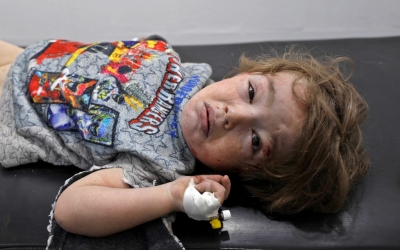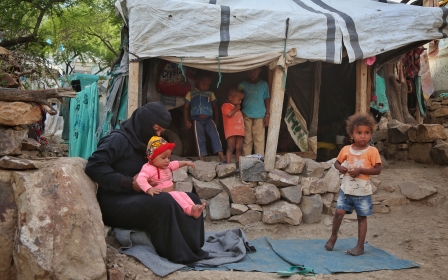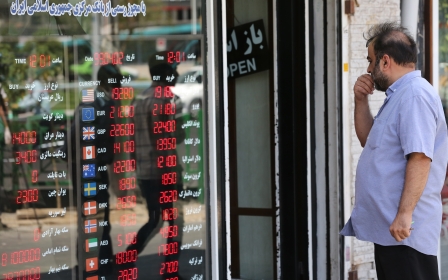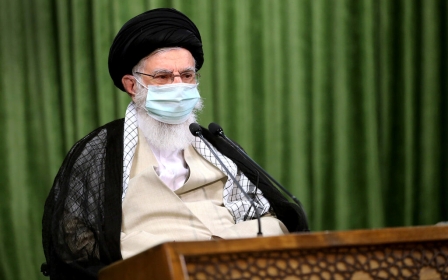UN experts call for sanctions 'bringing suffering and death' to be lifted
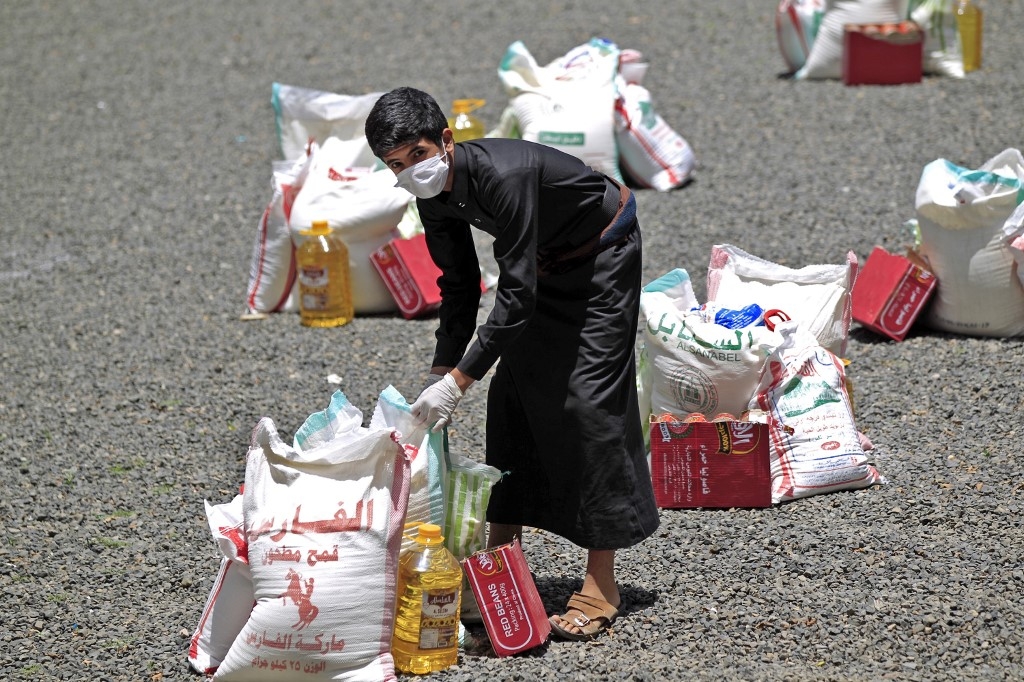
A group of UN experts has called for unilateral sanctions to be lifted on countries including Iran and Yemen, adding that humanitarian exemptions "are not working," with people failing to receive life-saving treatments and coronavirus protection.
In a statement on Friday, the group said sanctions were "bringing suffering and death" to people in countries including Iran, Sudan, Syria, Yemen, Venezuela, and Cuba.
'Sanctions that were imposed in the name of delivering human rights are in fact killing people and depriving them of fundamental rights'
- Alena Douhan, UN special rapporteur
"Sanctions should be lifted - or at a minimum eased - so people can get basics like soap and disinfectants to stay healthy, and so that hospitals can get ventilators and other equipment to keep people alive," said Alena Douhan, UN special rapporteur on the negative impact of unilateral coercive measures on the enjoyment of human rights.
Douhan said nothing had improved since she called for the lifting of all unilateral sanctions preventing states from adequately fighting the Covid-19 pandemic back in April.
The International Red Cross, Red Crescent societies and several US lawmakers made a similar appeal at the start of the pandemic, but the calls have been widely ignored.
New MEE newsletter: Jerusalem Dispatch
Sign up to get the latest insights and analysis on Israel-Palestine, alongside Turkey Unpacked and other MEE newsletters
"Sanctions that were imposed in the name of delivering human rights are in fact killing people and depriving them of fundamental rights, including the rights to health, to food and to life itself," said Douhan and other UN experts, without calling any particular sanctioning country out by name.
Guaranteeing human rights
Iran and Yemen, in particular, have been hit hard by the pandemic, with the situations made worse by Iran's already failing economy and the years-long war in Yemen that has triggered one of the worst humanitarian crises in the world.
Water, soap and electricity needed by hospitals, fuel for delivering vital goods, and food in many sanctioned countries are in short supply because of the sanctions, exacerbating already dire conditions.
"We renew our call for sanctioning countries to urgently lift, suspend or minimize their sanctions so that medicine, medical equipment, food and fuel can get through," the UN experts said in Friday's statement.
The group welcomed efforts by many states and intergovernmental organisations including the European Union, United Kingdom, Switzerland, Russia, China, and the United States for trying to help sanctioned countries fight the coronavirus pandemic, but stressed that more needs to be done to streamline the system.
In place of "time-consuming and often costly procedures" for getting humanitarian exemptions to sanctions, the UN experts said exemptions should be granted instead on "the presumption that the stated purpose is actually humanitarian, with a burden of proof on others to show it is not".
"To guarantee human rights and solidarity in the course of the pandemic, licenses for delivery of humanitarian aid should be provided in the easiest way - preferably automatically upon request," Douhan said. "Individuals and humanitarian organizations involved in the delivery of such aid should in no way be subjected to secondary sanctions."
Middle East Eye delivers independent and unrivalled coverage and analysis of the Middle East, North Africa and beyond. To learn more about republishing this content and the associated fees, please fill out this form. More about MEE can be found here.


